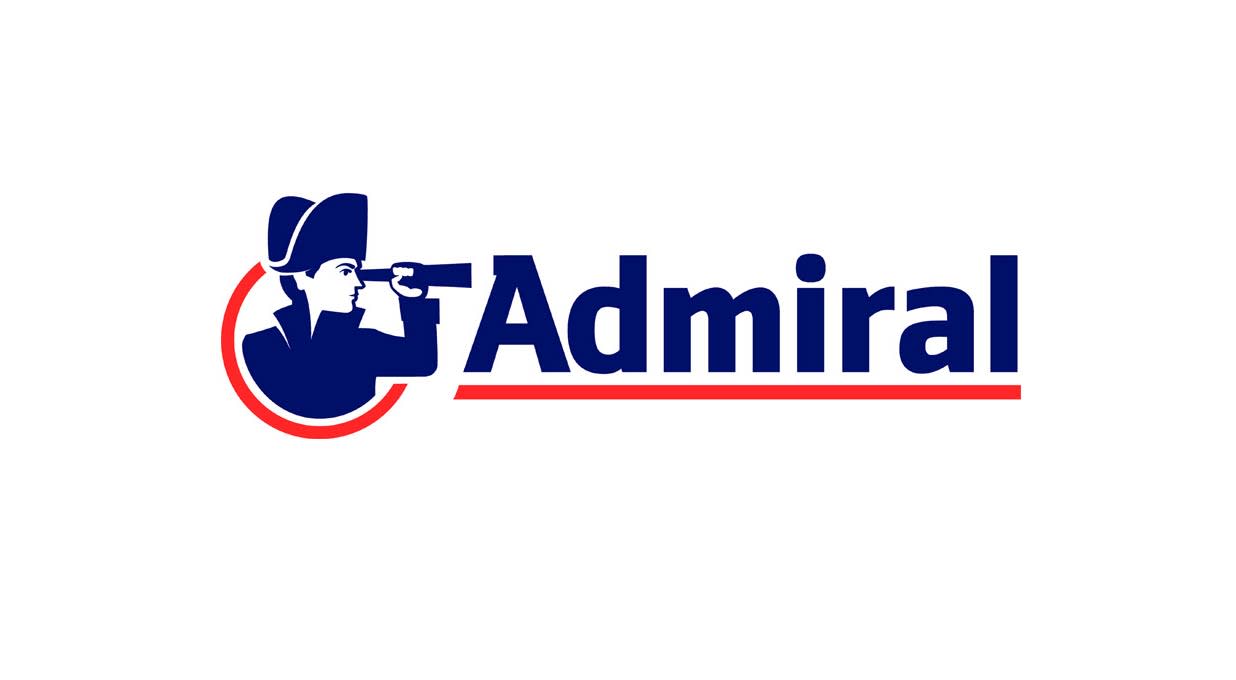Admiral’s half-year turnover (an in-house revenue measure) was flat at £3.1bn. Growth in Household Insurance was offset by reduced UK Motor turnover as insurance prices fell.
Profit before tax rose 69% to £521mn, driven by strong performance in UK Insurance as margins for motor plans improved significantly.
The Group has agreed to sell US motor insurance business, Elephant to J.C. Flowers & Co. The transaction is subjected to regulatory approval and is expected to close toward the end of 2025.
The total interim dividend was up 62% to 115.0p, made up of a normal dividend of 85.9p and a 29.1p special dividend.
Including the proposed dividends, their solvency ratio (which measures balance sheet strength) fell from 198% to 194%.
The shares were up 3.9% in early trading.
Our view
Admiral continues to perform well, with rising customer numbers and improved margins supporting profitability. While new business growth was only flat compared to last year - largely due to pricing dynamics - the overall outlook remains positive.
UK motor insurance remains the core and most significant unit. Admiral has used its strong position to lower prices over the past 18 months, which has helped deliver another strong period of new customer growth.
This pricing shift means the top line outlook for 2025 is more muted. But even with some easing, prices are still a good clip higher than a couple of years ago. Add in good cost control and the profit outlook is healthier than it’s been for some time.
International efforts are underway and there’s a small but growing home insurance business in the UK. The US market has been a drag in recent years so it’s not surprising to see a sale on the cards. Europe is another small, loss making, operation - but performance is improving.
The business model relies heavily on reinsurance, where an insurer passes on insurance business to a third party who takes on the liability. This is a fairly common practice and allows insurance companies to build their brand by taking on all manner of customers but only being on the hook for risks they want.
Admiral’s ace is a significantly higher reinsurance rate than peers. Relationships are key, and this strategy allows Admiral to be selective on its risks while funnelling more data to the group's bespoke machine learning tools. It's a recipe that's helped deliver market-leading performance; there's no guarantee it will continue.
The key risk we see is regulation. Admiral makes a good chunk of profit selling add-on products. But with the regulator looking to clamp down on unfair practices, we see these revenue streams coming under pressure.
Dividends are an important part of the investment case. The group's capital levels are strong, and with profits expected to be healthy over the medium term, the forward yield looks well supported and attractive. Though nothing is guaranteed.
We think Admiral has several competitive advantages over many of its peers, from bespoke data analytics to strong relationships with reinsurers. These strengths are not fully reflected in the current valuation, which looks attractive to us. There are no guarantees, and the market is expected to soften in the near term, adding risk.
Environmental, social and governance (ESG) risk
The financials sector is medium-risk in terms of ESG. Product governance is the largest risk for most companies, especially those in the US and Europe with enhanced regulatory scrutiny. Data privacy and security are also an increasingly important risk for banks and diversified financial firms. Business ethics, ESG integration and labour relations are also worth monitoring.
According to Sustainalytics, Admiral’s overall management of material ESG issues is average.
There is board-level oversight and a strong whistleblower programme. But the group’s product governance has room for improvement with no official responsible marketing policy in place as well as a lack of regular training and reporting on its responsible product programme. Admiral’s management of data privacy is average, but lacks oversight and regular assessment.
Admiral key facts
All ratios are sourced from LSEG Datastream, based on previous day’s closing values. Please remember yields are variable and not a reliable indicator of future income. Keep in mind key figures shouldn’t be looked at on their own – it’s important to understand the big picture.
This article is not advice or a recommendation to buy, sell or hold any investment.No view is given on the present or future value or price of any investment, and investors should form their own view on any proposed investment.This article has not been prepared in accordance with legal requirements designed to promote the independence of investment research and is considered a marketing communication.Non - independent research is not subject to FCA rules prohibiting dealing ahead of research, however HL has put controls in place(including dealing restrictions, physical and information barriers) to manage potential conflicts of interest presented by such dealing.Please see our full non - independent research disclosure for more information.


